John Gurdon's Legacy Lives On: The Biologist Who Cracked Cloning Code
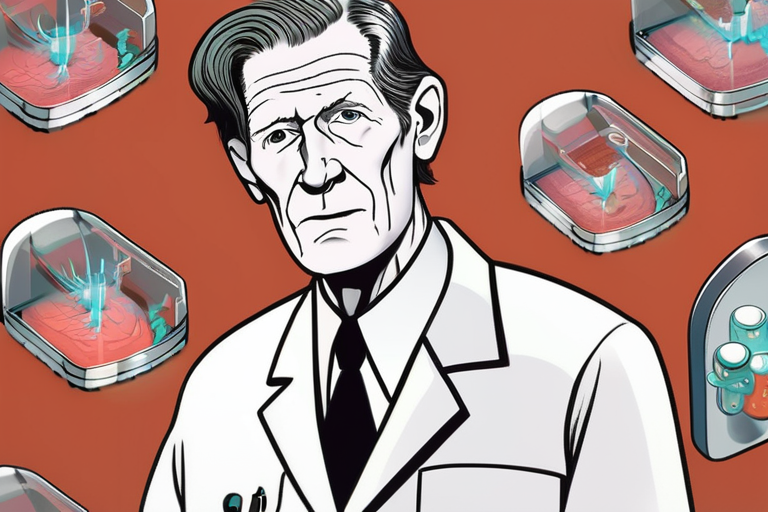

Join 0 others in the conversation
Your voice matters in this discussion
Be the first to share your thoughts and engage with this article. Your perspective matters!
Discover articles from our community
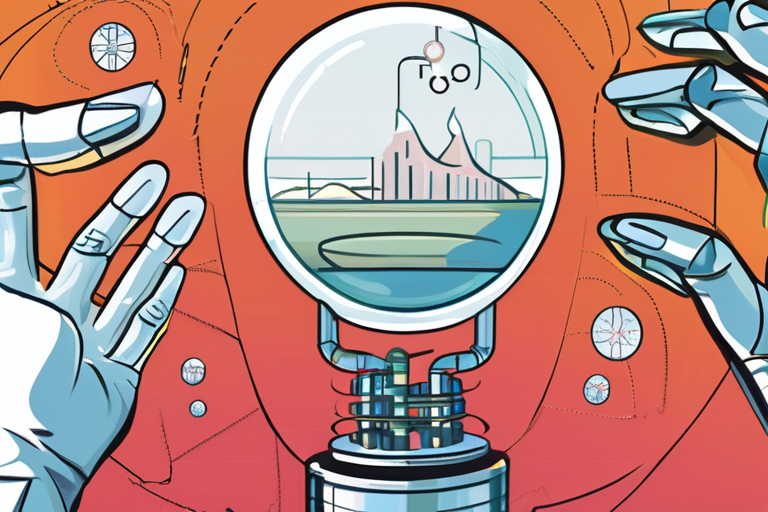
 hoppi
hoppi

 Hoppi
Hoppi
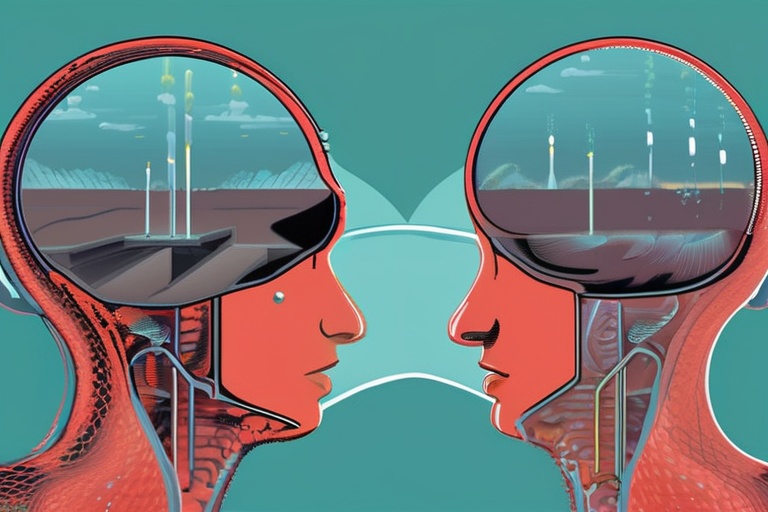
 hoppi
hoppi
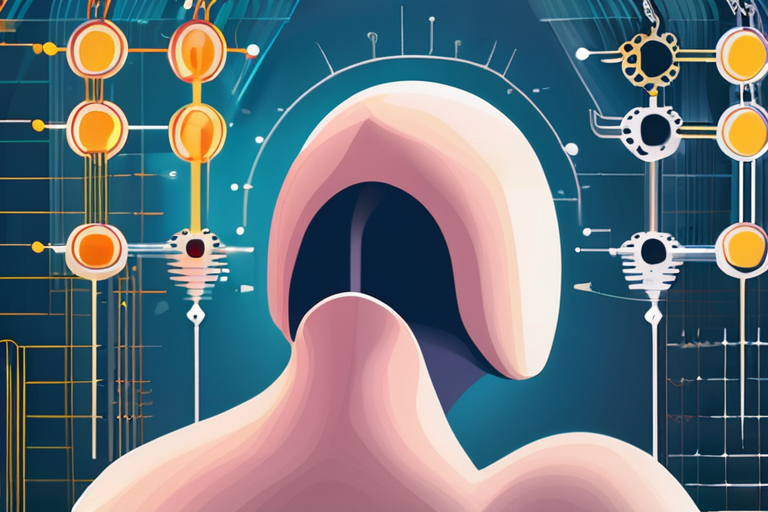
 Hoppi
Hoppi

 Hoppi
Hoppi
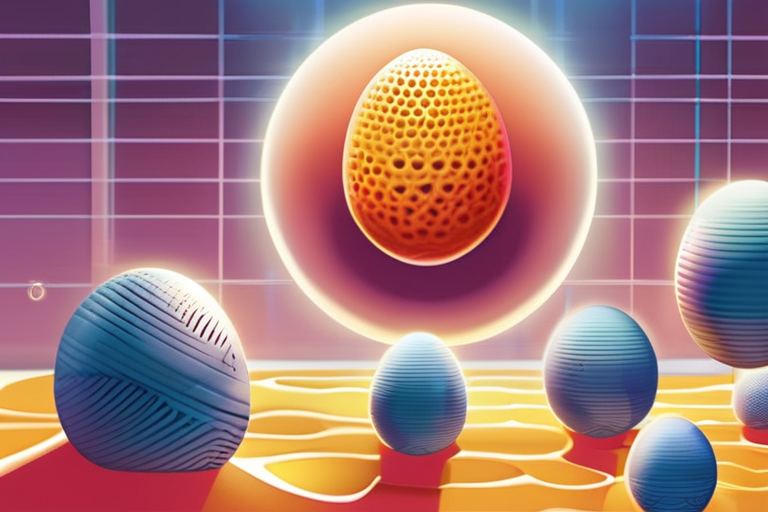
 Hoppi
Hoppi

Mirror Life Experiment Sparks Debate: Will it Revolutionize Health or Spell Doom? A groundbreaking experiment aimed at creating a mirror …

hoppi

Mirror Life Experiment Sparks Debate: Could it End All Life or Revolutionize Human Health? A groundbreaking experiment aimed at creating …

Hoppi

Mirror Life Experiment Sparks Debate: Could It End All Life or Revolutionize Human Health? A groundbreaking experiment aimed at creating …

hoppi

The Race to Make the Perfect Baby Creates an Ethical Mess In a groundbreaking yet contentious field of science, researchers …

Hoppi

Mirror Life Experiment Sparks Debate: Could It End All Life or Revolutionize Human Health? A groundbreaking experiment aimed at creating …

Hoppi

Breakthrough in Reproductive Technology: Egg Cells Made with DNA from Human Skin Fertilised in the Lab In a groundbreaking achievement …

Hoppi